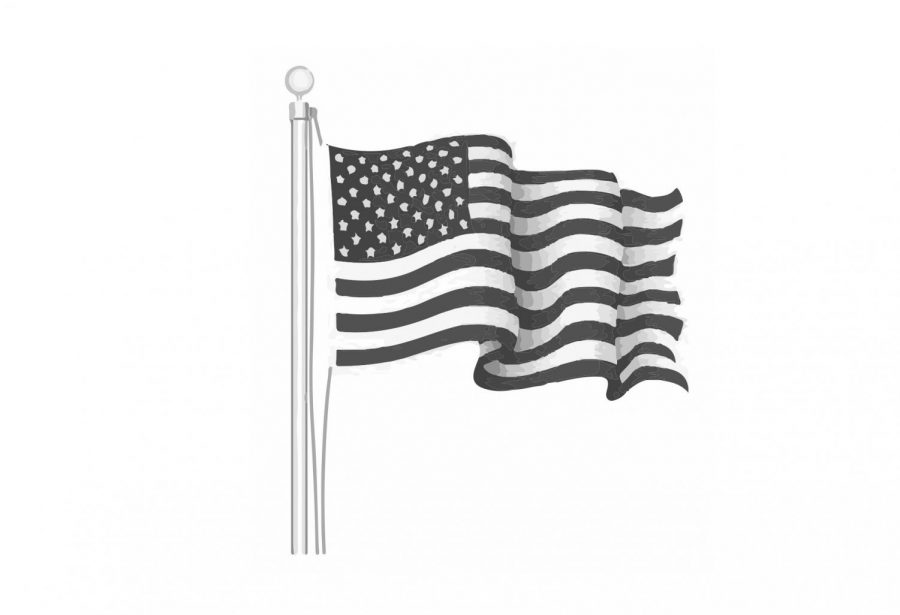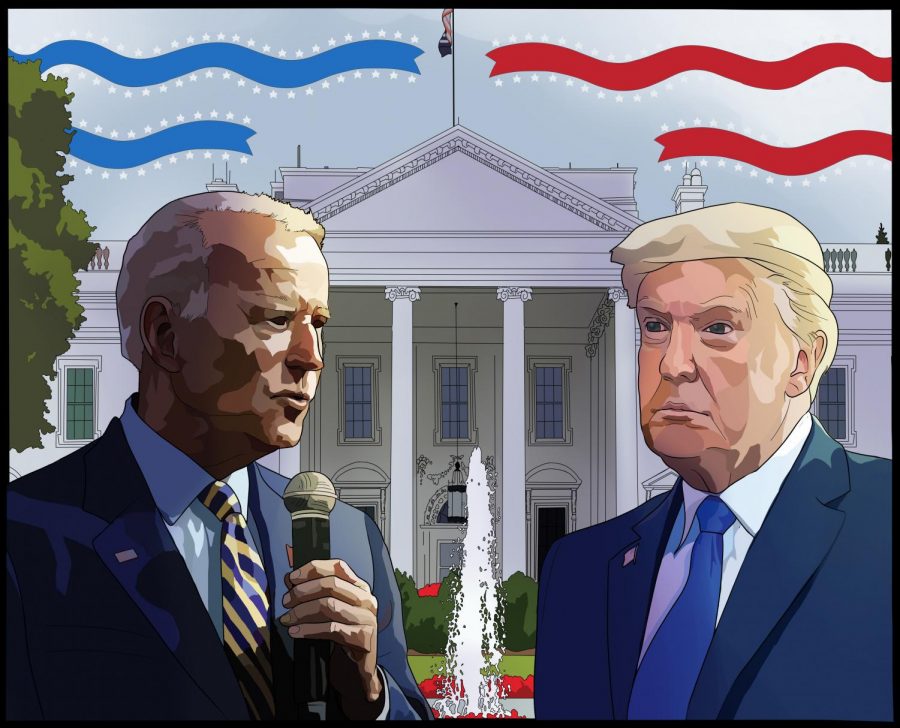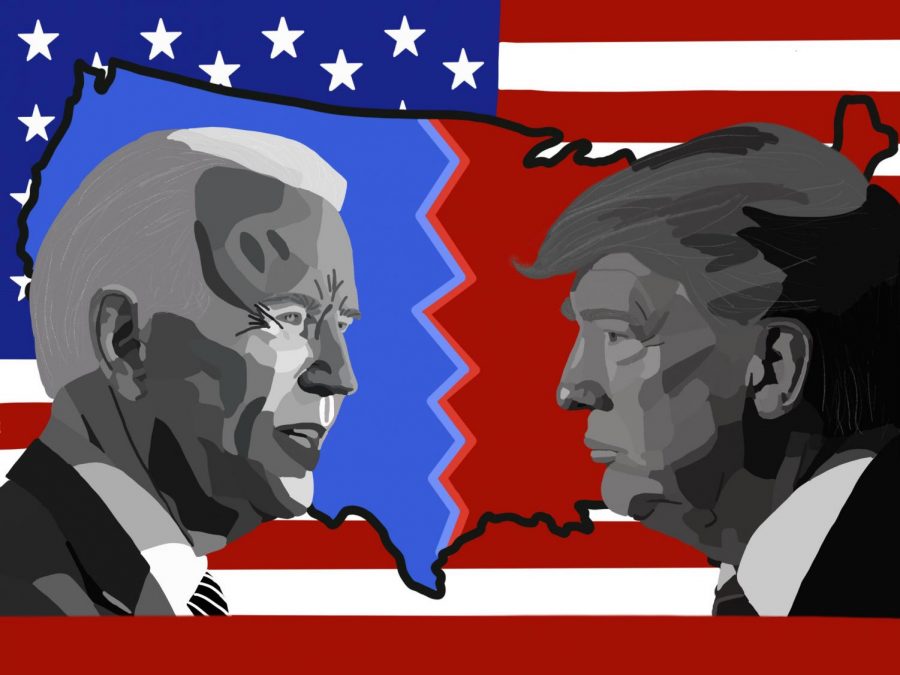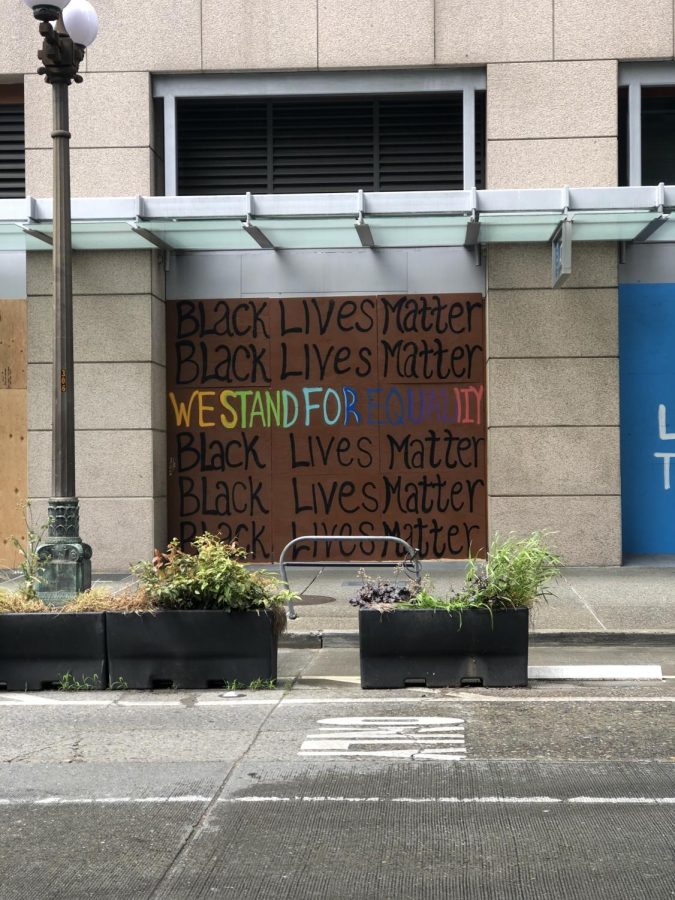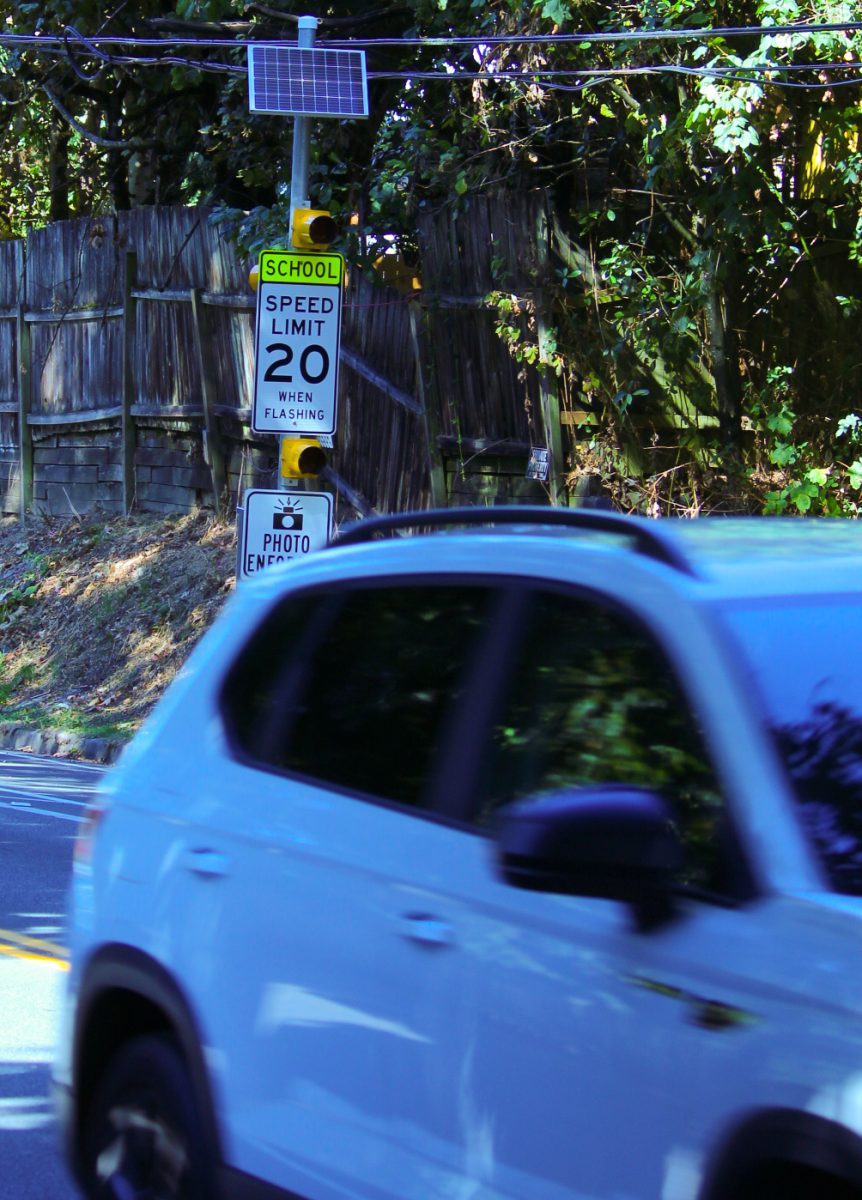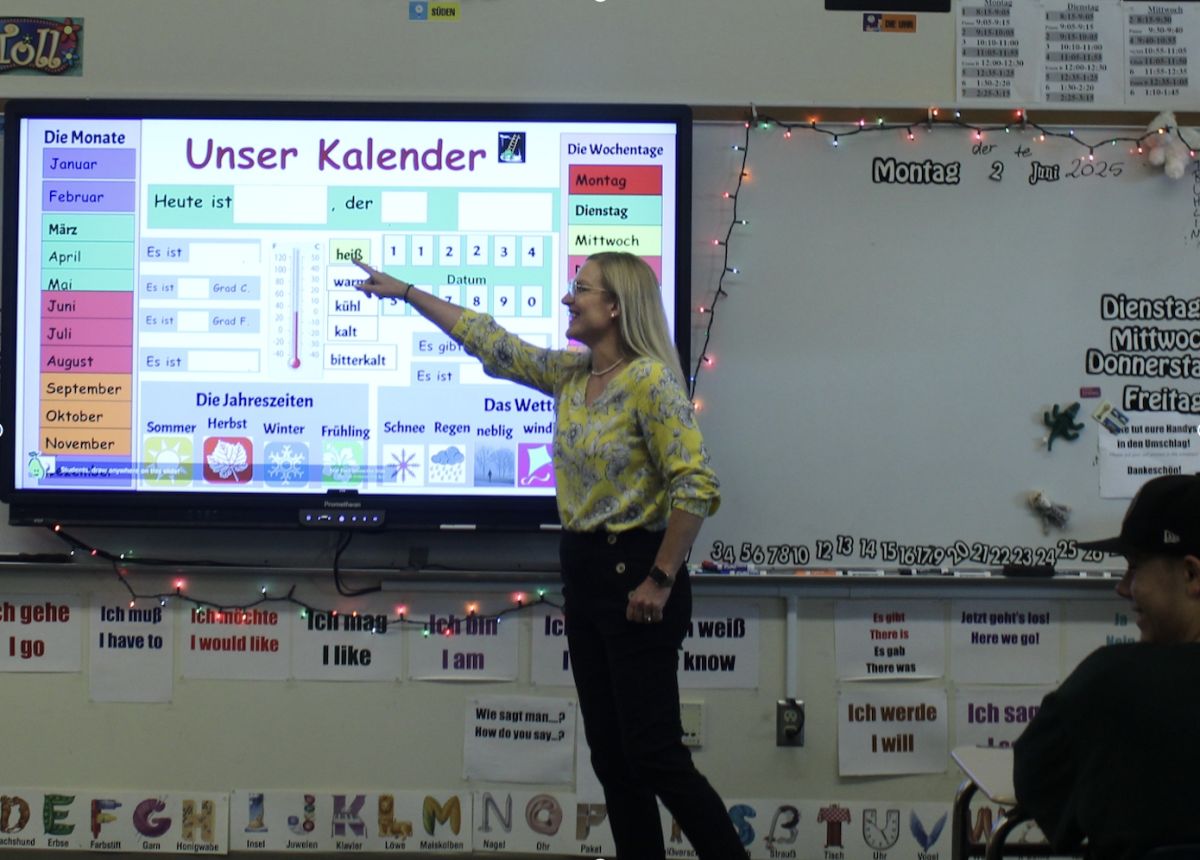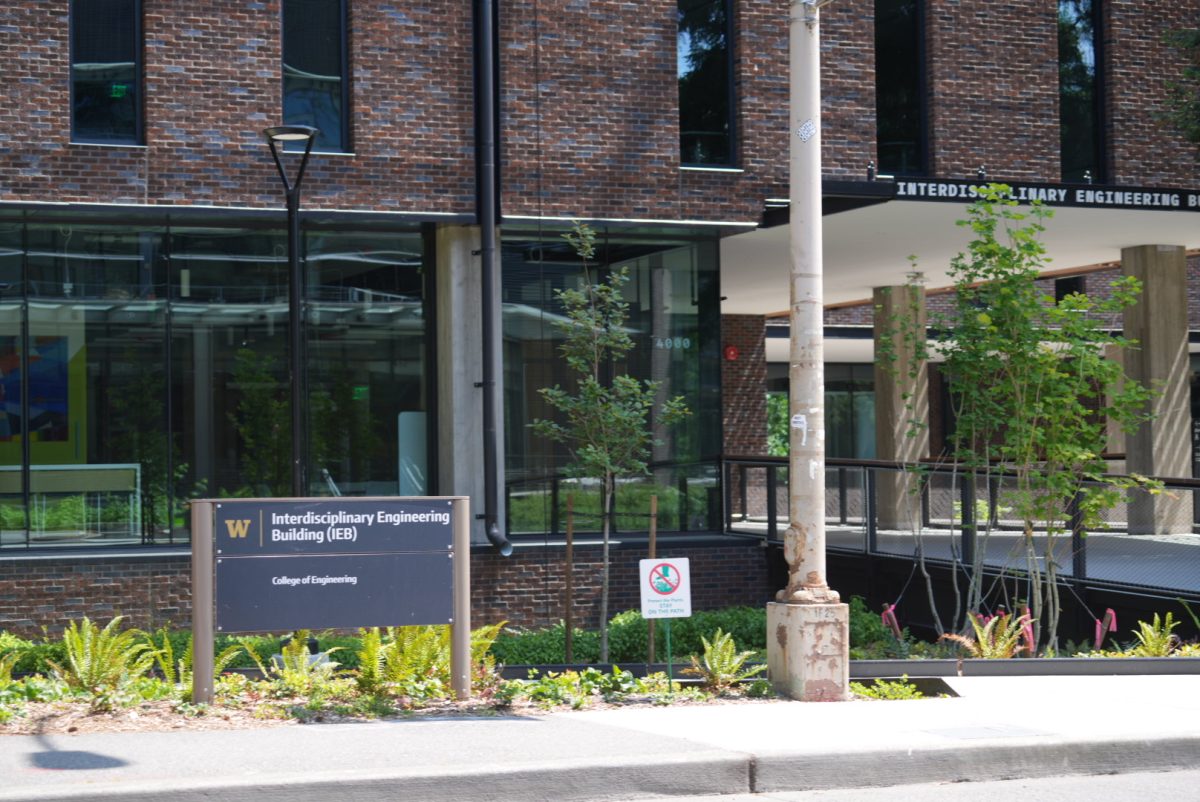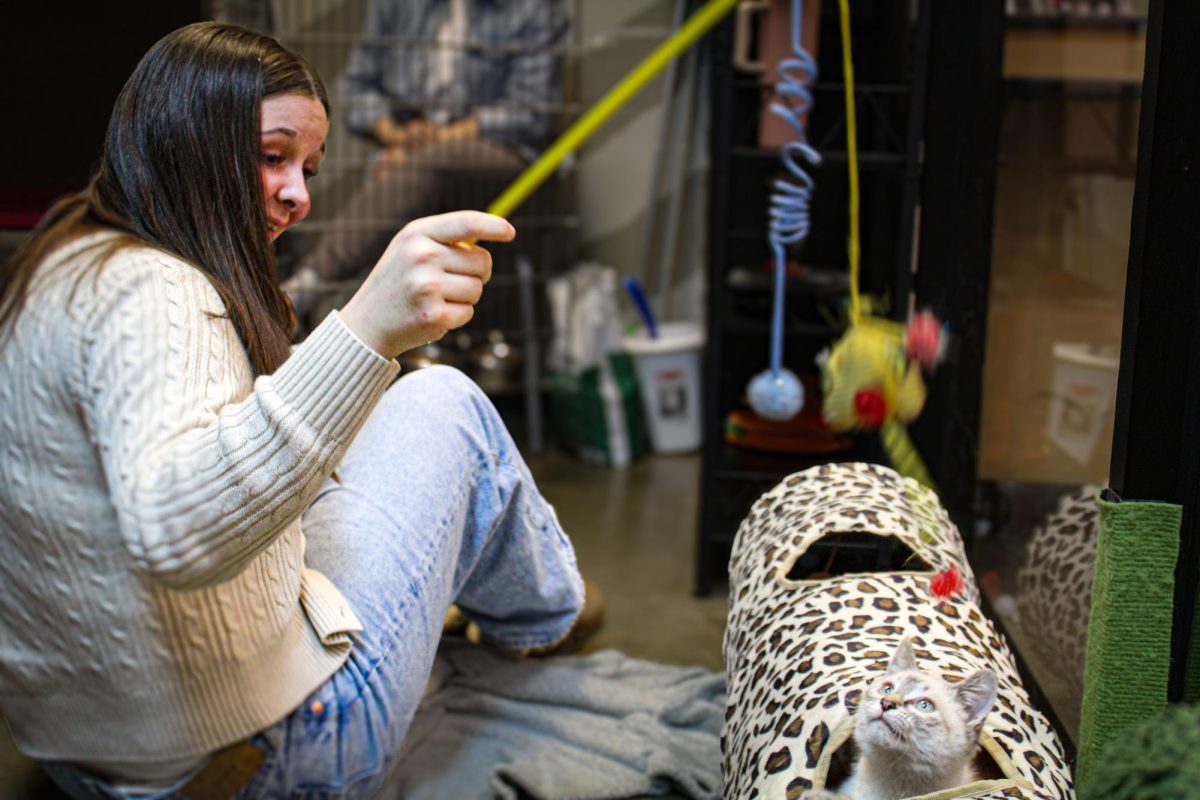The democratic presidential primaries and caucuses for the 2020 presidential elections kicked off on Feb. 3 in Iowa. Primary elections and caucuses decide which candidate from each party will become the nominee for president.
Primaries and caucuses differ in the way that primaries are funded by the state government and caucuses are funded by the party they are held for. The primary system collects votes through ballots while caucuses hold votes in person based on neighborhoods. For example, Washington state holds primaries while Iowa holds caucuses.
The majority of primaries and caucuses happen in March and will continue through June. The nominee for each party is chosen at each respective party’s National Convention; July 13-16 for Democrats and August 24-27 for Republicans. The candidates chosen at the conventions will face off in the general election on Nov. 3.
President Donald Trump is expected to win the Rupublican nomination and will serve a second term in office if elected.
Washington held its primary on Mar. 10. As of Mar. 25, former Vice President Joe Biden has the lead with 1,215 delegates pledged to his campaign. Senator Bernie Sanders follows with 910 delegates. Potential Democratic candidates need a majority of 1,991 out of 3,979 delegates in order to win the nomination.
This year, Washington required that voters indicate the party they are affiliated with in order to vote in the primary. This decision was met with some privacy concerns for citizens as this information will be part of public records and accessible to everyone for 60 days.
Teens turning 18 before the Nov. 3 general election who meet citizenship and state requirements are eligible to vote. Information on registering to vote and voter requirements can be found on the King County website.



